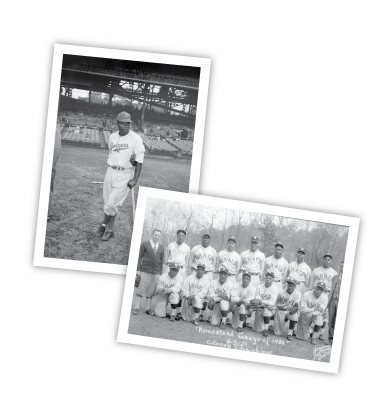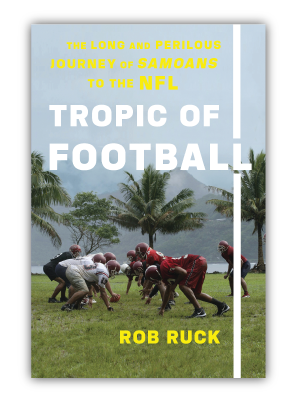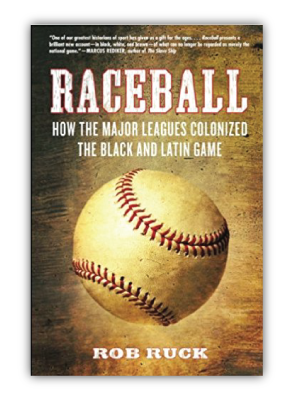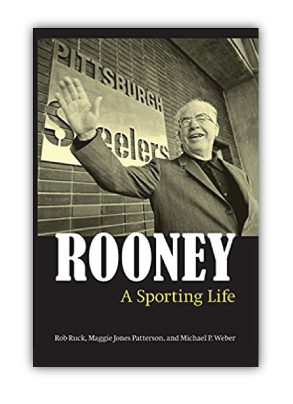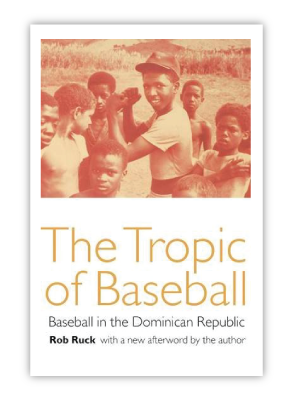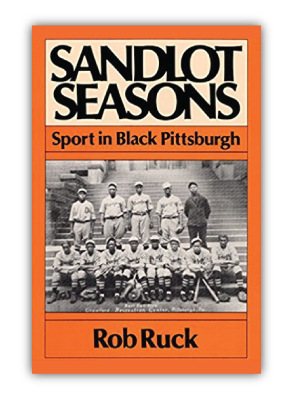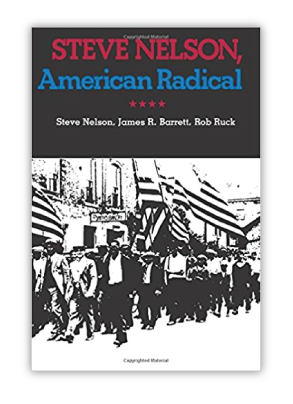Available July 2018
Tropic of Football
The Long and Perilous Journey of Samoans to the NFL
Tropic of Football unravels American Samoa’s complex ties with the United States. It explores an island, where boys train on fields blistered with volcanic pebbles, wearing helmets that should have been discarded long ago and moves from the Samoan archipelago to Samoan outposts in Hawai`i and California where holding on to fa`a Samoa is an existential challenge.
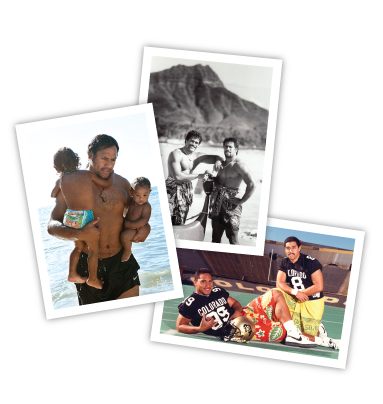
Raceball
How the Major Leagues Colonized the Black and Latin Game
For baseball, no moment was more transformative than Jackie Robinson’s arrival in the major leagues in 1947. Since then, African Americans and Latinos have reshaped major league baseball. They’ve provided the game with its most iconic figures, won a disproportionate number of individual honors, and been at the core of almost every championship team since 1947. Integration allowed major league baseball to enter its golden age as African Americans and Latinos injected new talent after Jackie Robinson jumped the color line.
